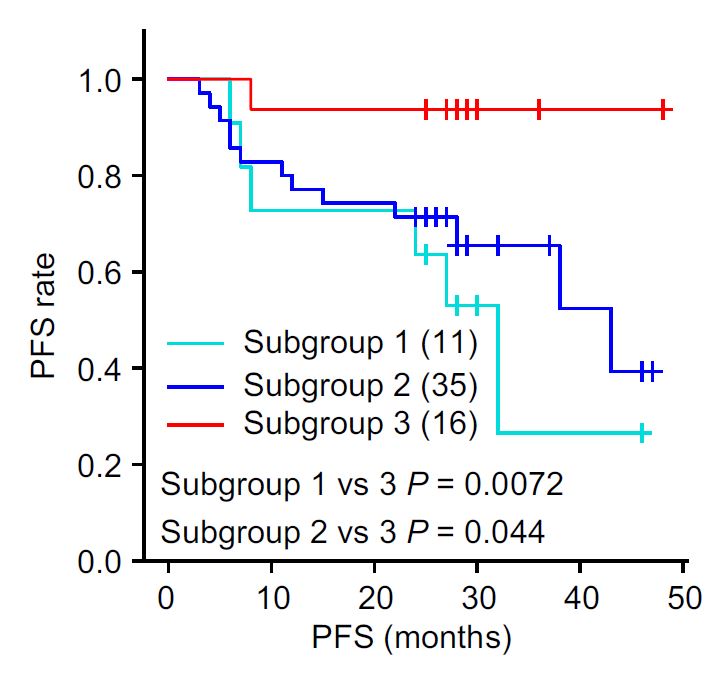Jurisdiction:
China
Organ System:
Cervical
Funding Organizations:
- National Key Research and Development Program of China
- Shanghai Young Excellent Academic Leader Program
- National Natural Science Foundation of China
- Strategic Priority Research Program of the Chinese Academy of Sciences
Research Organizations:
- Chinese Academy of Sciences, China
- Chinese Academy of Medical Sciences and Peking Union Medical College, China
Principal Investigators
:- Daming Gao
- Lingying Wu
- Zhen Shao
- Hu Zhou
Publication:
External Links:
Although the incidence of cervical cancer (CC) has been reduced in high-income countries due to human papillomavirus (HPV) vaccination and screening strategies, it remains a significant public health issue that poses a threat to women’s health in low-income countries. Here, we perform a comprehensive proteogenomic profiling of CC tumors obtained from 139 Chinese women. Integrated proteogenomic analysis links genetic aberrations to downstream pathogenesis-related pathways and reveals the landscape of HPV associated multi-omic changes. EP300 is found to enhance the acetylation of FOSL2-K222, consequently accelerating the malignant proliferation of CC cells. Proteomic stratification identifies three patient subgroups with distinct features in prognosis, genetic alterations, immune infiltration, and posttranslational modification regulations. PRKCB is further identified as a potential radio response-related biomarker of CC patients. This study provides a valuable public resource for researchers and clinicians to delve into the molecular basis of CC, to identify potential treatments and to ultimately advance clinical practice.

